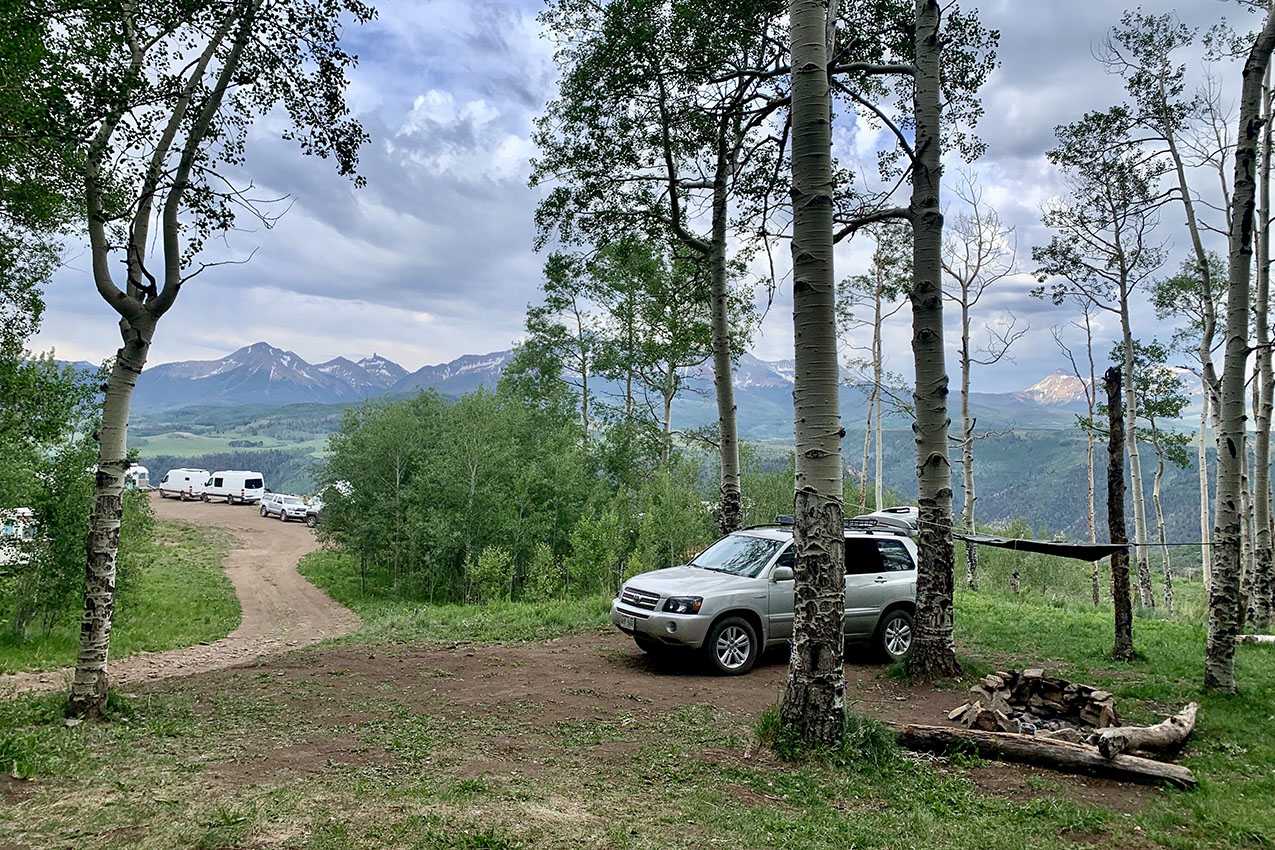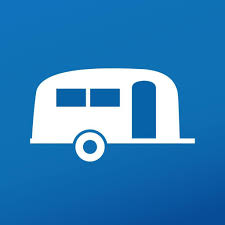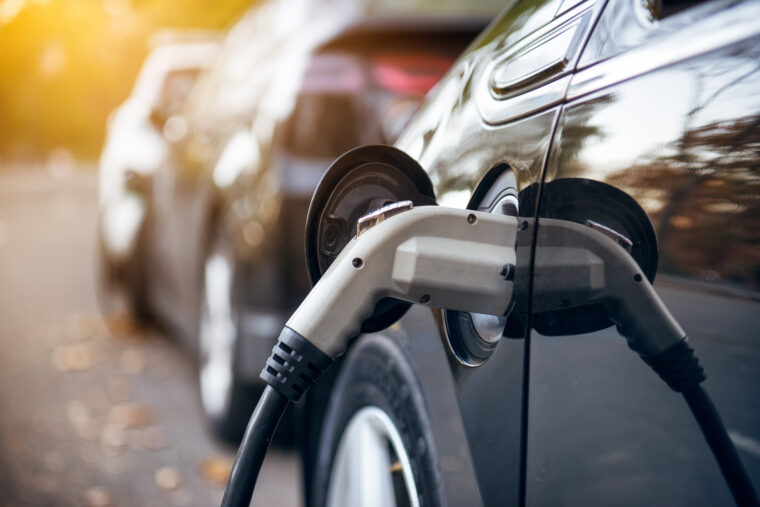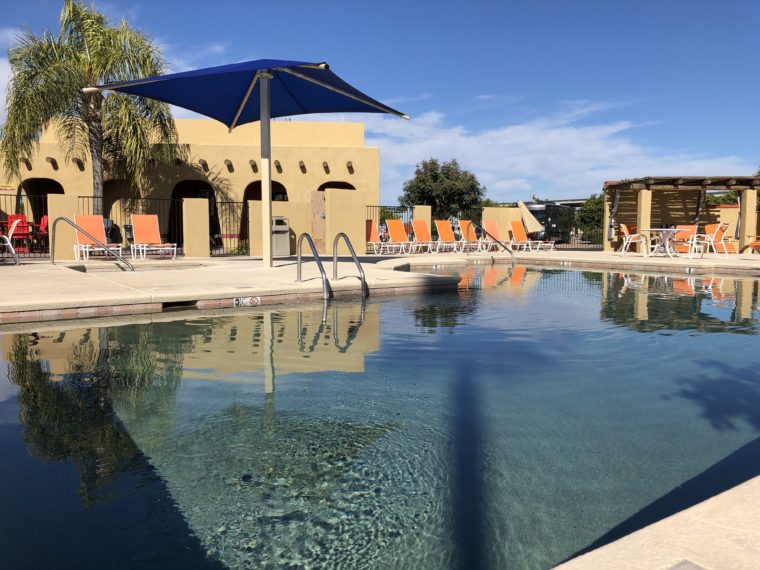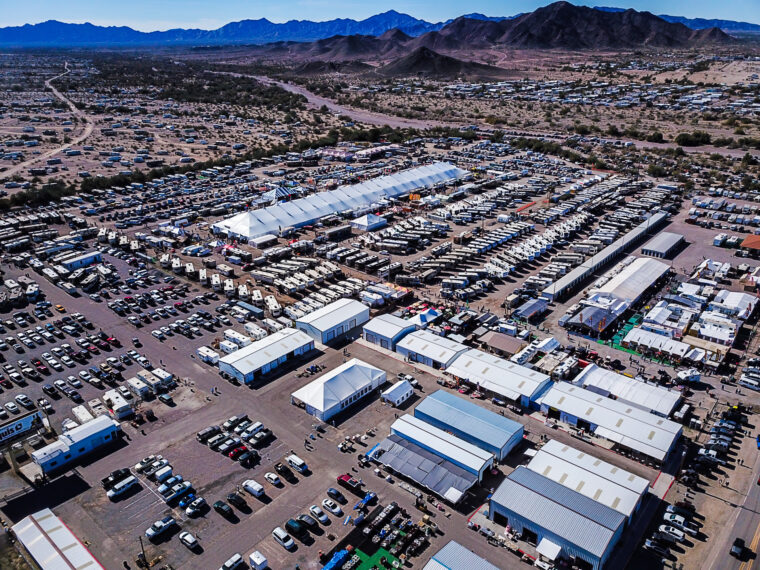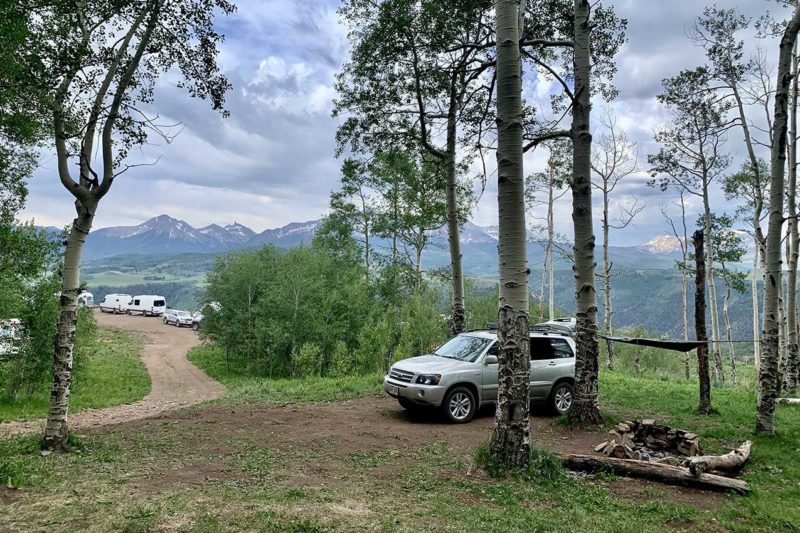
Last Dollar Road in Telluride, CO. Photo by Carl.
Starting your camping career can be intimidating. If you didn’t grow up fishing on the lake and cooking over a campfire every weekend, you may not know where to start when it comes to spending the night in the great outdoors. To take the guesswork out of your planning and packing list, we came up with our favorite tips, tricks, and gear items to make your first forays into car camping less stressful and more relaxing.
What is car camping?
Car camping is one of the best ways to get into camping — just drive up to your campsite and unload! It gives you easy access to all of your gear, takes the hassle out of finding an RV-sized campsite, and usually has access to amenities like toilets and picnic tables. Car camping can be as easy as throwing a sleeping bag in the back of your vehicle or pitching a castle-sized tent next to your car. You get to choose what you’re most comfortable with — after all, this is all about getting out into nature and enjoying your night away.
What do you look for in a good campsite?
Some of our favorite places to car camp aren’t always the super-popular national park campgrounds. Look for a state campground near you to start off; they are generally less busy and less expensive than their national park counterparts. Many state campgrounds have tent and RV camping options with public toilets, picnic tables, water spigots, fire pits, and grills.
You can also try a private campground, or look for dispersed camping on US Forest Service or Bureau of Land Management (BLM) land. Look for a campsite near something fun — a waterfall, lake, hiking trails, beach, national monument, or fishing hole make your camping time even more enjoyable.
Essential Gear
We could talk about camping gadgets for hours, but for your first trip out, a handful of basics are all you need. Many gear shops also rent the essentials, which is a great way to try out camping without a significant investment.
Here is what to put in your car camping gear kit, as well as a few items that will make your camping trip significantly better.
Tent: There are budget options and luxury options for tents out there, but don’t worry about weight if you’re planning to car camp. No need for an ultralight mountaineering tent if your trusty car is ten feet away!
Sleeping bag or quilt: The degree rating of your sleeping bag will depend on what seasons you plan to camp in. If you’re camping in the mountains in August, you may want a sleeping bag that is rated to keep you warm down to 30 degrees. If you are camping along the Carolina coast in April, you may only need a camping quilt that’s rated down to 50 degrees. Either way, make sure you’re not bringing a cotton quilt from home, just in case your bedding gets wet. Synthetic materials are water-resistant and dry faster than cotton.
Sleeping pad, mattress, or cot: This is your chance to decide how comfy you want to be! Some campsites will have electrical plugs, making it easy to plug in an air mattress pump. Alternatively, you can purchase an adapter for your car battery to pump up the mattress. If you want to go old-school, sleeping cots work well and keep you off the ground. Sleeping pads come in a variety of thicknesses from slim and supportive to thick and cushioned. Whatever you choose, having a mattress, cot, or sleeping pad is much more comfortable, and will help you regulate your temperature better than sleeping on the ground.
Kitchenware: If you want to make meals in your campsite, be sure to bring the necessary kitchenware: silverware, serving spoons or tongs, plates, cups, kitchen knives, a cutting board, pots, pans, and a dishwashing tub if you plan to be out more than one night. Be sure to also bring a trash bag, since garbage cans aren’t guaranteed.
Stove or grill: Check your campsite’s website to see if a charcoal grill is available but always be prepared with some way to cook your food if a fire is out of the question. Propane stoves are a great alternative to cold burgers.
Cooler: Keep your food and drinks cold, organized, and protected from animals while you’re out camping. Your cooler can also double as an extra seat or tabletop if need be.
Camp chair: A place to sit after a hike, swim, or just setting up the tent is well worth the effort. There are loveseat options, recliner options, budget options, and even stools available.
Water: Gallon jugs or a full water reservoir will go a long way. If your campsite has a water spigot, awesome! But it’s always good to bring backup, just in case. Extra water comes in handy for cooking, washing hands, making hot drinks, or washing dishes.
Flashlight, headlamp, or lantern: Even your phone light will do in a pinch, but a light source will come in handy when you’re searching for a water bottle or the restroom after dark.
Sunscreen: Sunburn could mean the difference between a great weekend at the lake and going home early.
Bug repellent: Bugs are a campsite downer. Bug spray, citronella candles, Bug-Off treated clothing, or even a mesh tent can be instrumental in keeping car campers happy.
Warm clothes & rain jacket: It’s a common mistake made by even experienced campers, but always bring a change of warm clothes and a rain jacket — even if it’s the middle of summer and the forecast says sunny. You might get cold from a breeze after swimming or once the sun goes down, and staying warm goes a long way towards having fun in the woods.
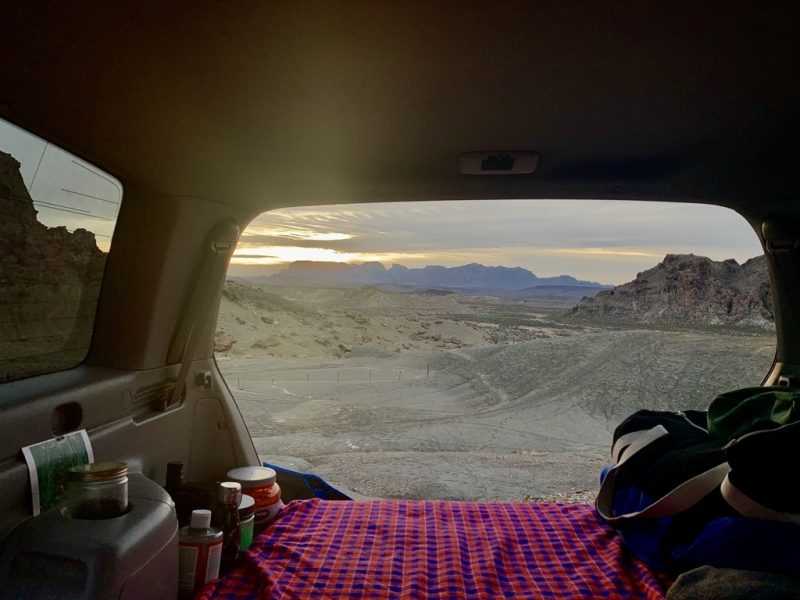
Indian Head Camp at Big Bend National Park. Photo by Carl.
Up Your Camping Game
Tarp: We can’t tell you how many camping trips have been saved by a tarp on rainy nights. Tarps are especially helpful to shield cooking areas or fire hangouts since they allow the smoke to escape out of the open sides while keeping campers dry. Make sure you have a paracord to attach your tarp to your roof racks, trees, or the top of your tent.
Baby wipes: Baby wipes are a great alternative to paper towels and help clean everything from kids’ faces to providing a makeshift shower after a hike or swim.
Games: These are good to bring no matter your age. Kids and adults can all enjoy a pick-up game of volleyball, frisbee, or soccer. A great around-camp game is cornhole since it doesn’t require space to run, while a rainy-day game of cards never hurt anyone.
Fire materials: We’re talking extra wood, portable fire pits, or even portable grills! Some campsites may have a convenience store or office where you can purchase wood, while other campsites may have fire restrictions. Be sure to check before you show up for the night.
